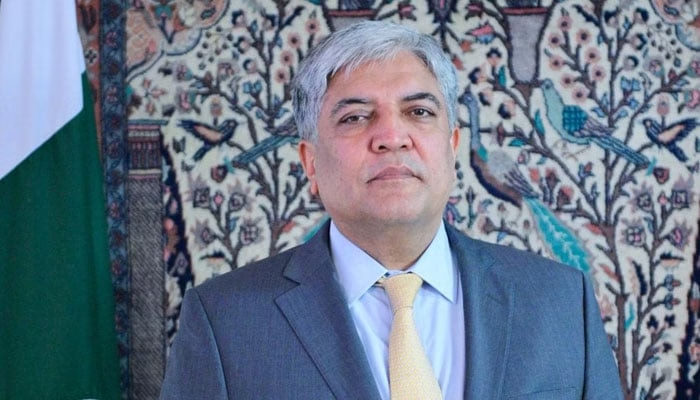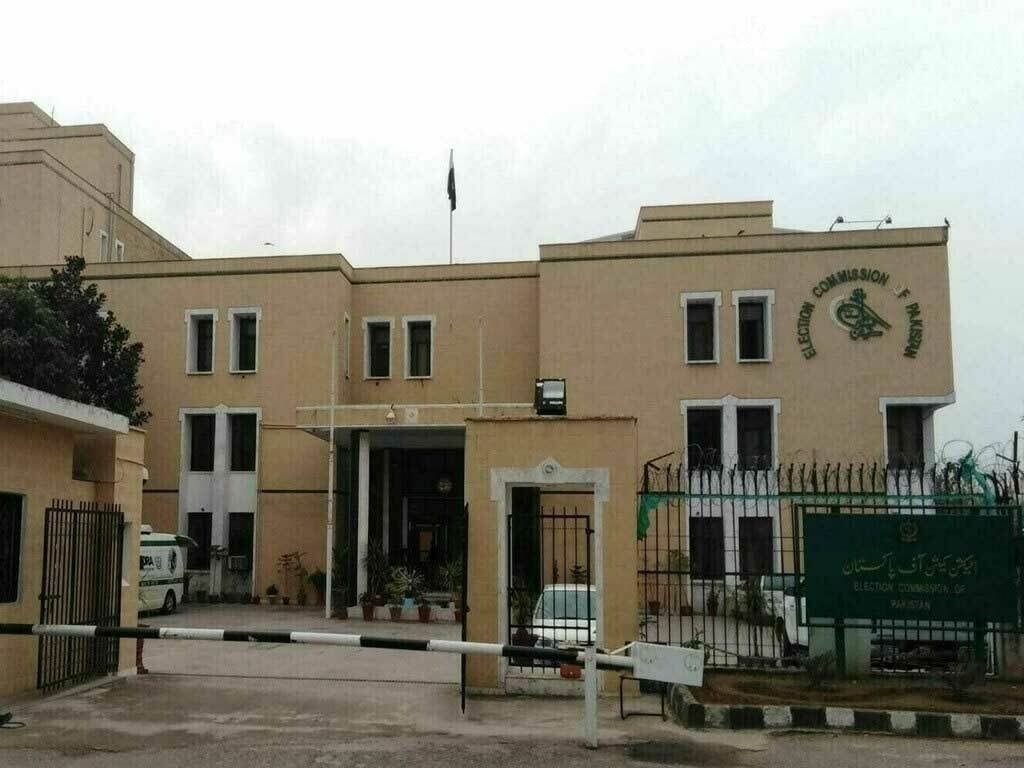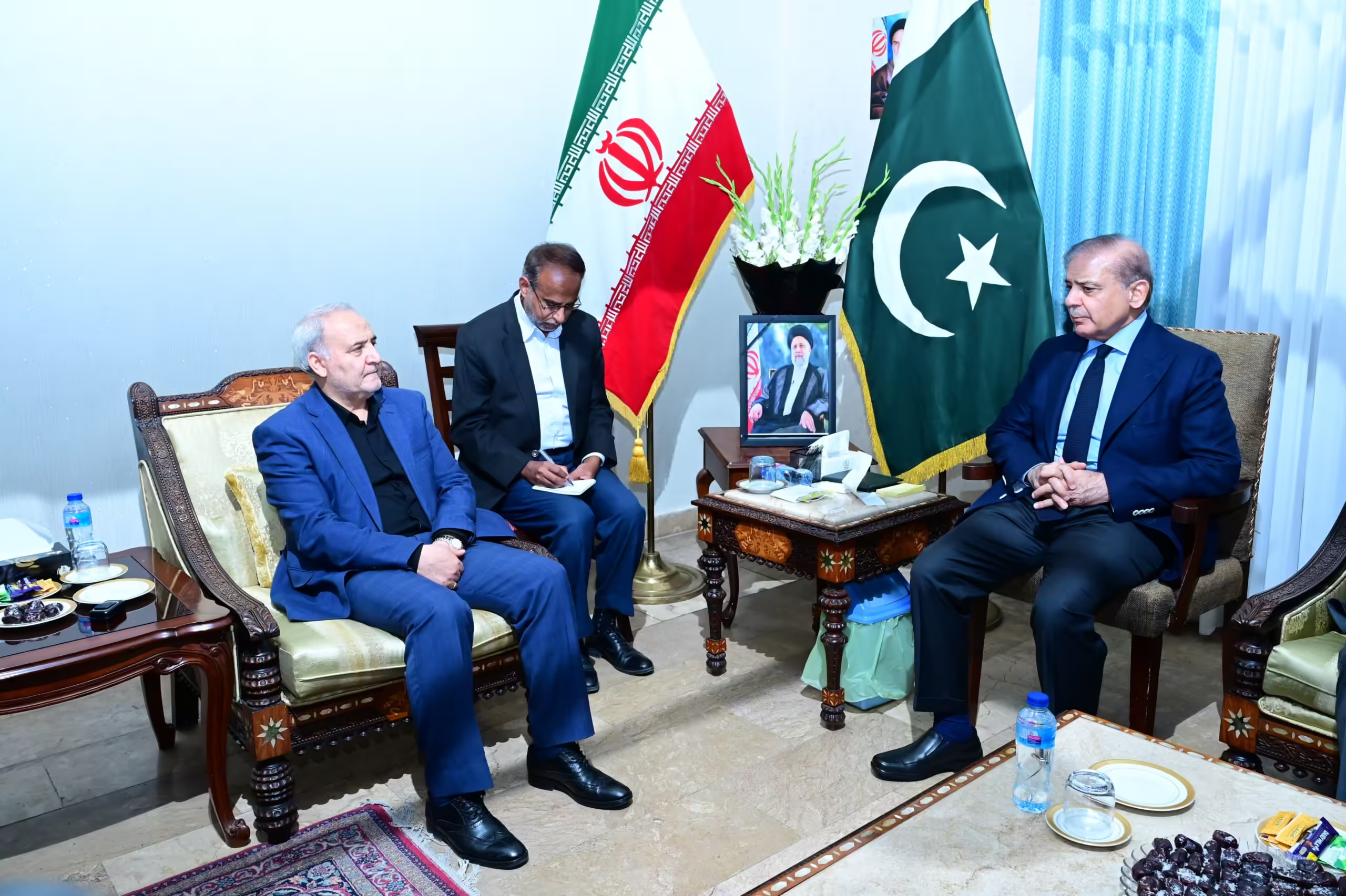In a significant weekly briefing, the Foreign Office of Pakistan addressed multiple pressing global concerns—ranging from rapid US tariff changes to discriminatory Indian policies targeting Muslim minorities. The statements, made by Foreign Office Spokesperson Shafqat Ali Khan, outline the country’s growing diplomatic engagement on international matters, as well as ongoing regional security challenges.
Steering Committee Formed Over US Tariff Surge
The spokesperson revealed that Pakistan is closely monitoring the recent tariff fluctuations by the United States, which are impacting trade and economic relations. In response, Prime Minister Shehbaz Sharif has constituted a steering committee that will lead discussions with US officials to negotiate tariff adjustments and ensure Pakistan’s economic interests are protected.
We are seeing rapid changes in tariff policies coming from the US,” said Shafqat Ali Khan. “The steering committee will engage directly with Washington to seek clarity and solutions.
This move reflects Pakistan’s intent to maintain healthy economic relations with the United States despite ongoing trade challenges. The committee’s formation highlights the urgency with which Pakistan views the issue, especially given the nation’s ongoing economic recovery efforts.
Concerns Over Waqf Property Laws in India
Turning to India, the Foreign Office strongly criticized recent legislative amendments related to Waqf property laws. Shafqat Ali Khan labeled these changes as discriminatory against Muslims, stating that they represent a direct attack on minority rights.
The Waqf laws in India are not just legal provisions—they are tied to the fundamental rights of Muslims. The Indian government’s measures are unjust and aimed at marginalizing Muslims, he noted.
Pakistan’s condemnation comes amid growing concerns over rising religious intolerance and suppression of minority rights in India. The spokesperson urged the international community to take notice of these unconstitutional and exclusionary actions.
American Weapons Used in Cross-Border Terrorism from Afghanistan
On the topic of cross-border terrorism, Shafqat Ali Khan addressed the recent attacks on Pakistani security forces originating from Afghan soil. He revealed that modern US weapons left behind in Afghanistan during the withdrawal are now being used in these assaults.
These weapons are falling into the wrong hands and are being used against Pakistani forces. We have raised this issue with the United States several times,the spokesperson emphasized.
He also confirmed that the matter was discussed during a recent phone call between Pakistan’s Deputy Prime Minister and the US Secretary of State. Pakistan continues to push for international responsibility over the weapons left in the war-torn region, which pose a threat to peace in South Asia.
Clarification on Bagram Airbase Rumors
When asked about social media speculation regarding a potential US airbase in Bagram, Afghanistan, the spokesperson dismissed the reports as unverified rumors.
There is no truth to these claims. This is an issue between Afghanistan and the United States. We believe in resolving matters through official diplomatic dialogue,he said.
This clarification is important amid rising anxiety over foreign military presence in the region and its implications on Pakistan’s security.
Return of Illegal Foreign Residents in Progress
Speaking on domestic policy, Shafqat Ali Khan reiterated that the repatriation of foreigners residing illegally in Pakistan is being actively implemented. He clarified that foreign policy is solely a federal matter, and any terms of reference (TORs) prepared by provincial governments regarding dialogue with Afghanistan will be reviewed in consultation with the Afghan Desk at the Foreign Office.
This announcement aims to ensure consistent and centralized communication between Pakistan and its neighboring country, particularly in light of the refugee and border security dynamics.
Educational Visa Suspension in the US Being Monitored
Addressing another growing concern, the Foreign Office acknowledged reports of educational visa suspensions by the US, particularly affecting Pakistani students.
We have seen the reports and are in contact with US authorities regarding this matter, the spokesperson stated.
Pakistan has historically had a large number of students enrolled in US institutions. Any restrictions or suspensions in this regard are taken seriously by the government, which is working to secure clarity and continuity for affected students.
This comprehensive press briefing by the Foreign Office of Pakistan reflects the country’s active engagement with global trade policies, regional security threats, and minority rights issues. From raising diplomatic concerns over US tariffs and Afghan-origin attacks to condemning India’s discriminatory laws and addressing visa challenges, the government has sent a strong message about its commitment to national sovereignty and human rights.



